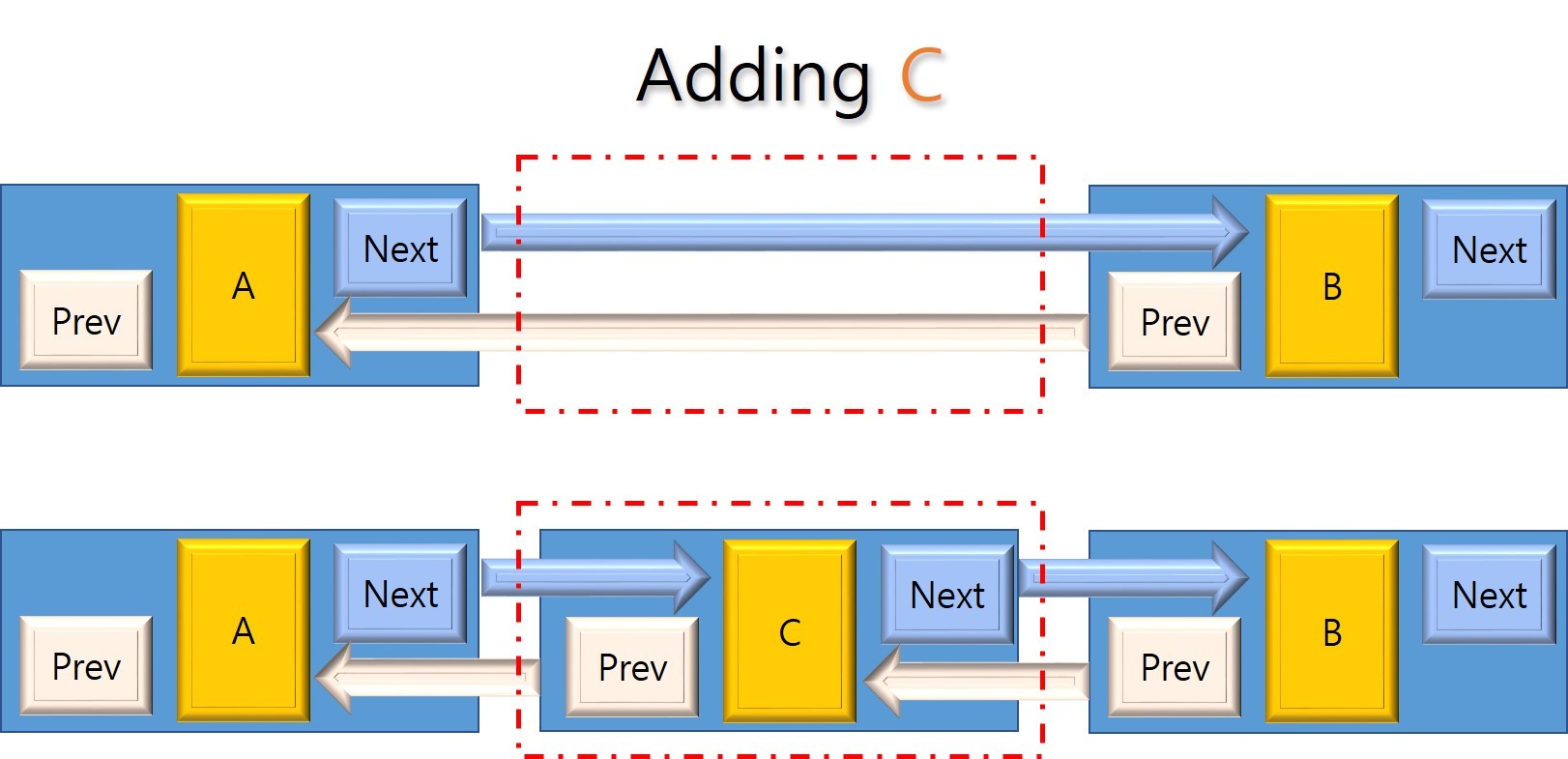Given a Singly Linked List, starting from the second node delete all alternate nodes of it. For example, if the given linked list is 1->2->3->4->5 then your function should convert it to 1->3->5, and if the given linked list is 1->2->3->4 then convert it to 1->3.
Method 1 (Iterative)
Keep track of previous of the node to be deleted. First change the next link of previous node and then free the memory allocated for the node
C Programming:
#include<stdio.h>
#include<stdlib.h>
struct node
{
int data;
struct node *next;
};
void deleteAlt(struct node *head)
{
if (head == NULL)
return;
struct node *prev = head;
struct node *node = head->next;
while (prev != NULL && node != NULL)
{
prev->next = node->next;
free(node);
prev = prev->next;
if (prev != NULL)
node = prev->next;
}
}
void push(struct node** head_ref, int new_data)
{
struct node* new_node =
(struct node*) malloc(sizeof(struct node));
new_node->data = new_data;
new_node->next = (*head_ref);
(*head_ref) = new_node;
}
void printList(struct node *node)
{
while (node != NULL)
{
printf("%d ", node->data);
node = node->next;
}
}
int main()
{
struct node* head = NULL;
push(&head, 5);
push(&head, 4);
push(&head, 3);
push(&head, 2);
push(&head, 1);
printf("\nList before calling deleteAlt() \n");
printList(head);
deleteAlt(head);
printf("\nList after calling deleteAlt() \n");
printList(head);
return 0;
}
Output:
List before calling deleteAlt()
1 2 3 4 5
List after calling deleteAlt()
1 3 5
Time Complexity: O(n) where n is the number of nodes in the given Linked List.
Method 2 (Recursive)
Recursive code uses the same approach as method 1. The recursive coed is simple and short, but causes O(n) recursive function calls for a linked list of size n.
C Programming:
void deleteAlt(struct node *head)
{
if (head == NULL)
return;
struct node *node = head->next;
if (node == NULL)
return;
head->next = node->next;
free(node);
deleteAlt(head->next);
}
Time Complexity: O(n)
